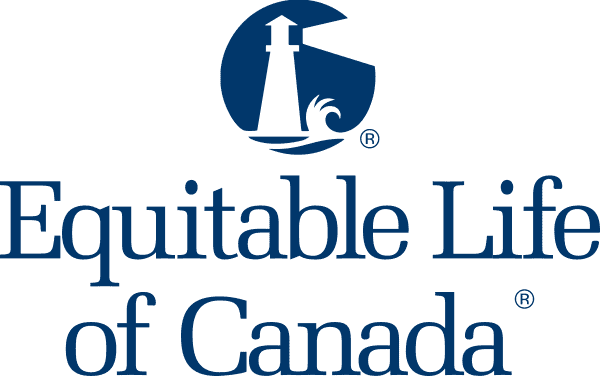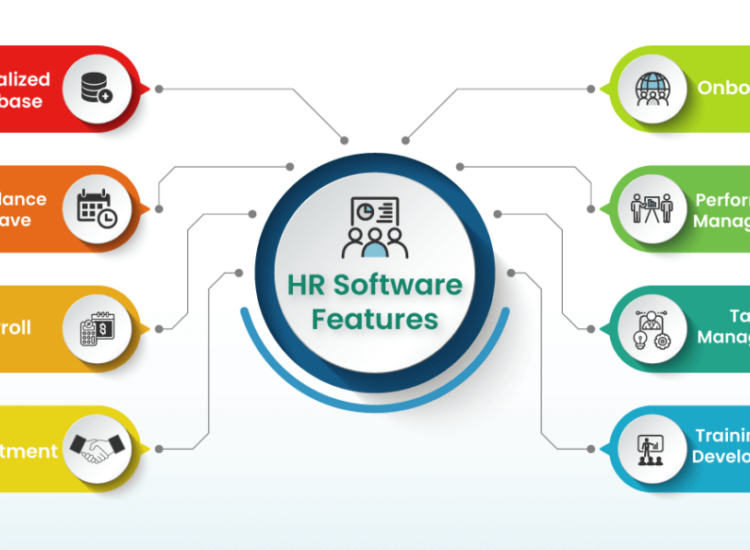Earthquakes can be devastating to farmers, with the potential to damage crops, equipment, and infrastructure. These natural disasters have the power to wipe out entire harvests, causing financial loss and disrupting food supply chains. As unpredictable as they are destructive, earthquakes pose a significant threat to the agricultural industry.
Toc
To mitigate these risks, farmers should consider obtaining earthquake insurance. This type of insurance coverage can provide financial protection in the event of an earthquake-related loss. In this guide, we will explore what earthquake insurance is, how it works, and why it’s essential for farmers.
Introduction of farmers earthquake insurance

Earthquake insurance is a type of coverage that specifically protects against damage caused by earthquakes. It can cover losses to crops, equipment, and infrastructure on the farm due to seismic activity. In some cases, it may also provide compensation for business interruption or additional expenses incurred due to an earthquake.
What is Earthquake Insurance?
Earthquake insurance is a type of insurance coverage that protects against damage caused by earthquakes. It typically covers repairs and replacements to structures, equipment, and other property damaged by an earthquake. This coverage is not included in standard property insurance policies and must be purchased separately.
How Does Earthquake Insurance Work?
To obtain earthquake insurance, farmers must purchase a policy from an insurance company. The cost of the policy will depend on various factors, such as the location of the farm, type of soil, and the value of the insured property. Typically, earthquake insurance covers damages up to a certain amount determined by the policy limit.
In the event of an earthquake causing damage to the insured property, farmers can file a claim with their insurance company. The insurer will send out an adjuster to assess the damages and determine if they are covered under the policy. If approved, the insurer will pay out the claim up to the policy limit.
Why is Earthquake Insurance Essential for Farmers?
Earthquakes can cause significant damage and financial loss to farmers. Without earthquake insurance, farmers may struggle to recover from these losses and ultimately face bankruptcy. Furthermore, without this coverage, obtaining loans or financing for future farming operations may become challenging.
In addition to providing financial protection, earthquake insurance also offers peace of mind. Knowing that their property is covered in case of an earthquake can help farmers focus on their daily operations without worrying about potential disasters.
The Importance of Earthquake Insurance for Farmers
Natural disasters can strike without warning, and for farmers, the stakes couldn’t be higher. Crops, livestock, and equipment are all at risk when an earthquake hits. This is why earthquake insurance is crucial, especially for those in high-risk areas. Without it, a single seismic event can lead to devastating financial losses that could jeopardize the future of the farm.
Risk of Earthquake for Farmers and What Earthquake Insurance cover?

Farmers are at a higher risk of experiencing earthquake damage due to the nature of their work. The use of heavy machinery, storage facilities, and irrigation systems can all be affected by an earthquake, resulting in significant financial losses.
Understanding Earthquake Risk for Farms
Not all farms face the same level of earthquake risk, but understanding your specific vulnerability is key. Factors include the geographic location of your farm, soil composition, and the types of structures on your property. The United States Geological Survey (USGS) provides detailed maps to help farmers assess their level of risk. Knowing this information can help in making informed decisions about insurance coverage and risk management strategies.
What Does Farmers Earthquake Insurance Cover?
Farmers earthquake insurance is designed to provide comprehensive protection for various aspects of your farming operations:
- Property Damage: Covers repair or replacement costs for damaged buildings, including barns, silos, and residential structures.
- Equipment: Protects essential farming machinery and tools from earthquake damage.
- Loss of Income: Compensates for income lost due to downtime caused by earthquake-related damages. This coverage can help farmers stay afloat during the recovery process.
- Additional Expenses: Covers any additional costs incurred due to an earthquake, such as temporary housing or transportation expenses.
Having this type of insurance ensures that your farm can quickly recover and resume operations after an earthquake, minimizing the long-term financial impact.
Additional Considerations for Farmers
When considering purchasing earthquake insurance, it’s essential to review the policy carefully and ask questions to ensure you have adequate coverage. Some key considerations include:
- Deductible: This is the amount you must pay out of pocket before your insurance coverage kicks in. Be sure to choose a deductible that is manageable for your farm.
- Coverage Limits: Make sure you have adequate coverage limits to protect against potential losses. Consider the value of your property and equipment when determining these limits.
- Exclusions: Some policies may have exclusions, so it’s crucial to understand what is covered and what is not. For example, some policies may exclude livestock or specific types of structures.
Comparing Insurance Options for Farmers
Different insurance providers offer various plans tailored to the unique needs of farmers. Here are some options to consider:
- Standard Earthquake Policies: These typically cover property and equipment damage but may not include loss of income.
- Comprehensive Plans: These policies offer broader coverage, including income loss and additional living expenses if you need temporary housing.
- Customized Coverage: Some insurers specialize in agricultural policies and can tailor coverage to meet specific needs, such as protecting specialized equipment or high-value crops.
When choosing a policy, it’s essential to compare the benefits, premiums, and exclusions of each option to find the best fit for your farm.
Reducing the Risk of Earthquake Damage on Farms
While insurance is essential, taking steps to reduce the risk of earthquake damage can further protect your investment:
- Reinforce Structures: Strengthen buildings with proper bracing and foundation support.
- Secure Equipment: Anchor heavy machinery and storage tanks to prevent tipping or rolling during an earthquake.
- Develop a Response Plan: Prepare a contingency plan to ensure the safety of family members, employees, and livestock.
Implementing these measures can also positively impact your insurance premiums by demonstrating proactive risk management.
Choosing the Right Farmers Earthquake Insurance Companies
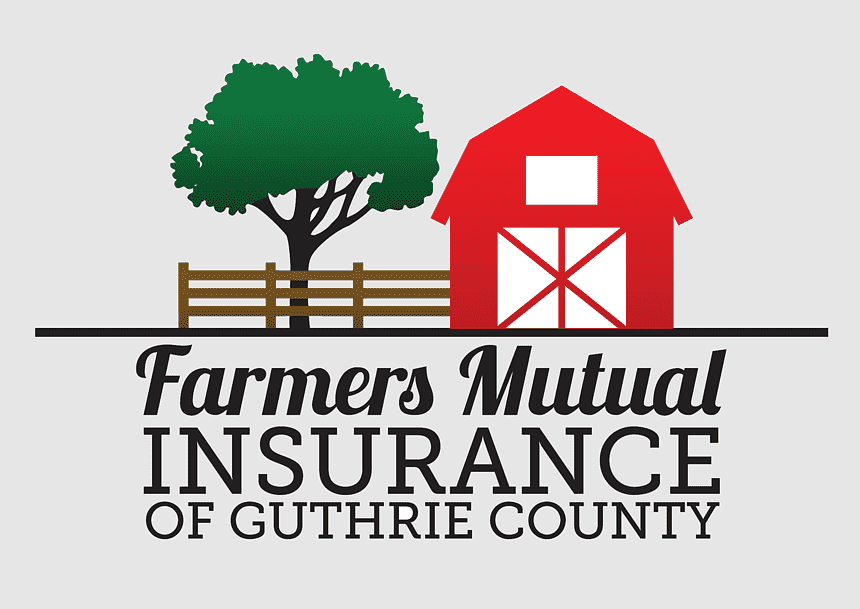
Selecting the right insurance provider is critical to ensuring you have the appropriate coverage and support in the event of an earthquake. Here are some important factors to consider when choosing an insurance company for your earthquake coverage:
Reputation and Reliability
- Company History: Research the insurer’s history and reputation in the market. Look for reviews and ratings from other farmers to gauge their satisfaction with the company’s services.
- Claims Handling: Check how efficiently and fairly the company handles claims. A provider with a strong track record of quick and hassle-free claims processing can make a big difference during stressful times.
- Financial Stability: The financial strength of an insurance company is crucial, especially after a major disaster. Look for providers who are financially stable and can promptly pay out large claims.
Customer Service
- Support Availability: Ensure that the insurance company has excellent customer support, including 24/7 assistance. This is vital in case you need to file a claim immediately after an earthquake.
- Communication: An insurer who provides clear and timely communication throughout the policy period and during the claims process can alleviate much of the stress involved.
Customization Options
- Tailored Policies: Aside from standard coverage, look for companies that offer customizable policies to meet the specific needs of your farm. This can include unique endorsements or riders that address special aspects of your farming operations.
- Flexible Deductibles and Coverage Limits: Choose a provider that offers flexibility in setting deductibles and coverage limits to suit your financial situation and risk profile.
Discounts and Incentives
- Risk Mitigation Discounts: Some insurers offer discounts if you take steps to mitigate risk, such as reinforcing structures or installing earthquake-resistant equipment.
- Bundling Options: Consider companies that allow you to bundle earthquake insurance with other types of farming insurance, which can lead to cost savings and simplified management.
Legal and Regulatory Compliance
- Licensing: Ensure the insurance company is licensed to operate in your state and complies with local regulations.
- Policy Terms: Carefully review policy terms and conditions to understand the extent of coverage, exclusions, and obligations on your part.
Top companies with the best quotes for Farmers Earthquake Insurance
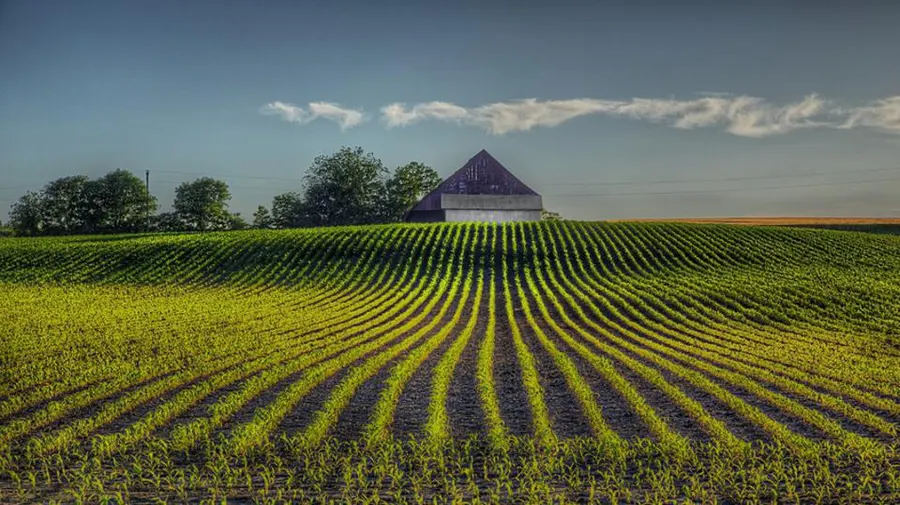
Here are some top companies that offer competitive quotes and comprehensive coverage for farmers earthquake insurance:
1. Farmers Insurance
Farmers Insurance provides tailored policies for agricultural operations, ensuring that your farm’s specific needs are met. They offer both standard and comprehensive plans with flexible deductible options. Farmers Insurance is known for its excellent customer service and quick claims processing, making it a reliable choice for many farmers.
2. State Farm
State Farm is renowned for its stability and long-standing reputation in the insurance industry. They offer customizable earthquake insurance policies for farmers, with options to cover property, equipment, and even loss of income. Their strong financial backing ensures that they can handle large claims efficiently, providing peace of mind in the wake of an earthquake.
3. Nationwide Agribusiness
Specializing in coverage for farms and agribusinesses, Nationwide provides robust earthquake insurance options. Their policies can be tailored to include high-value crops, specialized equipment, and livestock. With Nationwide, farmers can benefit from risk mitigation discounts if they implement safety measures like reinforcing structures and securing equipment.
4. Liberty Mutual
Liberty Mutual offers a range of earthquake insurance policies designed to address the unique challenges faced by farmers. They provide flexible coverage limits and deductibles, and are noted for their proactive customer support. Liberty Mutual also offers incentives for bundling multiple policies, which can result in significant cost savings.
5. American Family Insurance
American Family Insurance is known for its friendly customer service and comprehensive policy options. They offer earthquake insurance plans that can be customized to protect various aspects of your farm, including structures, machinery, and additional living expenses. Their licensed agents provide personalized assistance to ensure that your coverage fits your specific needs.
Getting Quotes
To ensure you receive the best possible coverage at a competitive price, it’s advisable to request quotes from multiple providers. When comparing quotes, consider the following factors:
- Coverage Types: Make sure the quotes cover all the necessary aspects of your farm operations.
- Deductibles and Premiums: Balance deductibles and premiums to find an affordable and effective coverage plan.
- Policy Limits: Ensure that the policy limits are sufficient to cover potential losses.
- Customer Reviews: Look for feedback from other farmers to understand their experiences with the insurer.
Taking these steps will help you find the most suitable and cost-efficient earthquake insurance for your farm, safeguarding your livelihood against potential earthquakes.
Real-Life Examples and Testimonials
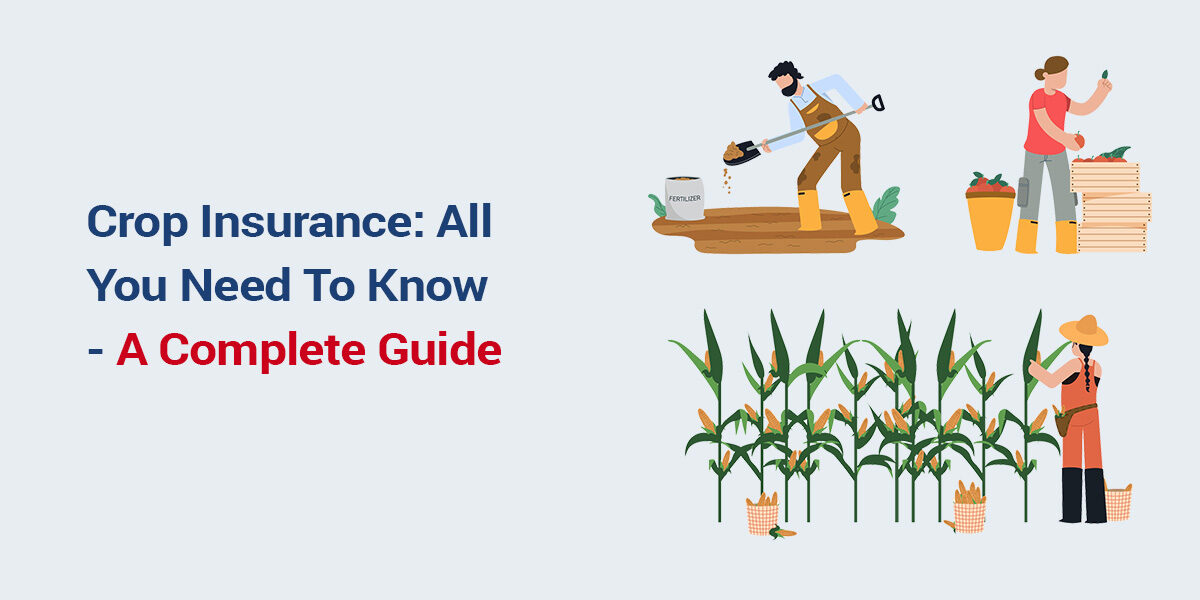
Johnson Family Farm
The Johnson Family Farm, located in a seismically active area of California, experienced a devastating earthquake that caused significant damage to their property and equipment. Having earthquake insurance with Farmers Insurance made a world of difference. “We were able to file a claim immediately and the process was seamless,” recalls Sarah Johnson. “The prompt payout allowed us to start repairs and get back to our farming operations quickly. Without the comprehensive coverage, we would have faced financial ruin.”
Peterson Dairy
In Oregon, Peterson Dairy opted for a policy from Nationwide Agribusiness. After a moderate earthquake compromised the structural integrity of their dairy barn, their insurance policy covered the cost of repairs and reinforced the building to better withstand future quakes. “Nationwide’s risk mitigation discounts not only saved us money on the premiums but also made our farm safer,” says Mark Peterson. “The peace of mind knowing that we’re protected against future seismic events is invaluable.”
Green Fields Organic Farm
Green Fields Organic Farm in Washington suffers minor but frequent seismic activities. They chose earthquake insurance from State Farm, which has been instrumental in covering small but critical repairs over the years. “Every time there’s a quake, no matter how small, we have a little bit of damage,” notes owner Laura Green. “State Farm’s customizable policies and excellent customer service ensure that we’re never out of pocket for repairs. It’s an essential part of our farm’s resilience strategy.”
These testimonials highlight the importance of investing in dependable earthquake insurance for farms. Each provider offers unique benefits, but the common thread is the peace of mind and financial security they provide during uncertain times.
Conclusion
Investing in the right earthquake insurance policy is a critical step for farmers operating in seismically active regions. The unpredictable nature of earthquakes makes it essential to be well-prepared to protect your livelihood. By securing appropriate coverage, you not only safeguard your property and equipment but also ensure the continuity of your farming operations in the aftermath of a disaster. Additionally, implementing risk mitigation measures and working closely with your insurance provider to understand your specific needs can lead to potential discounts and improved safety outcomes. Careful planning and choosing a reputable insurance provider will help you weather any storms, confidently knowing that your farm and your future are protected.

